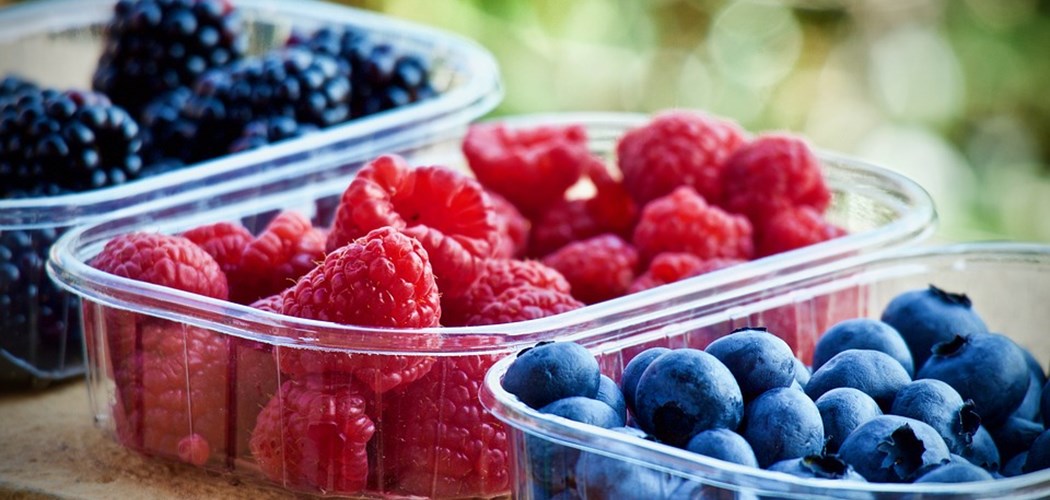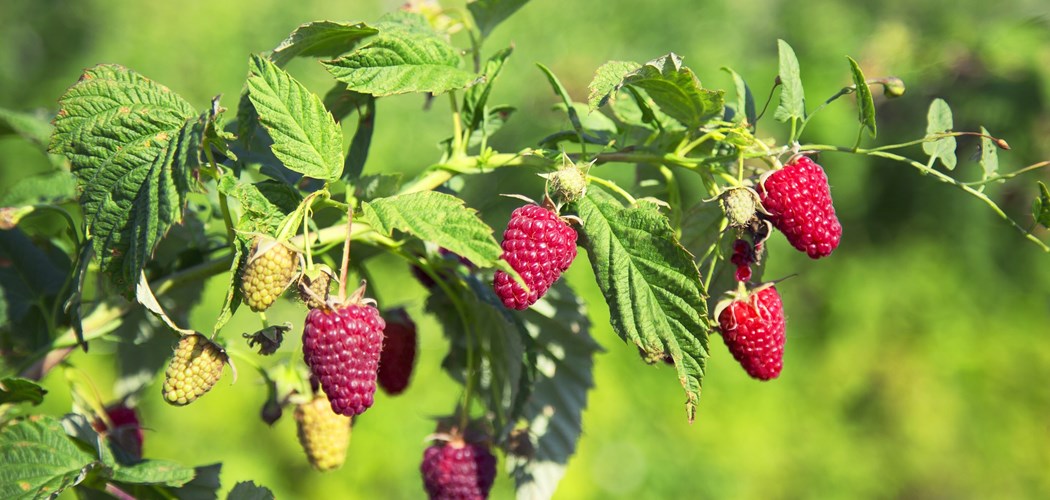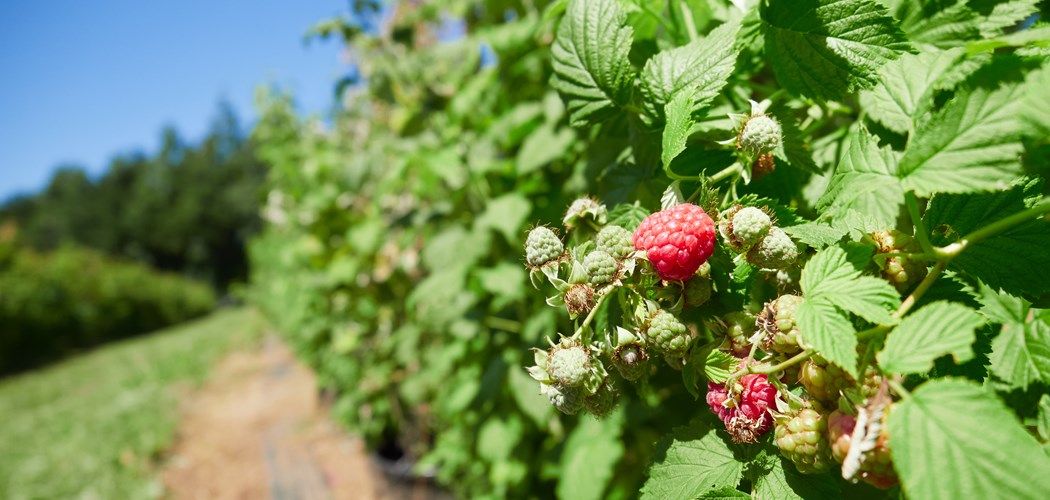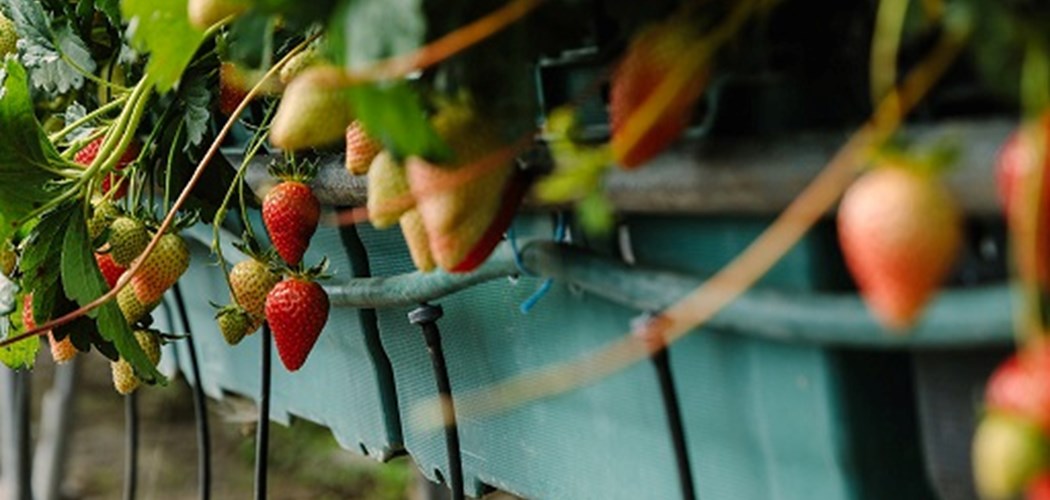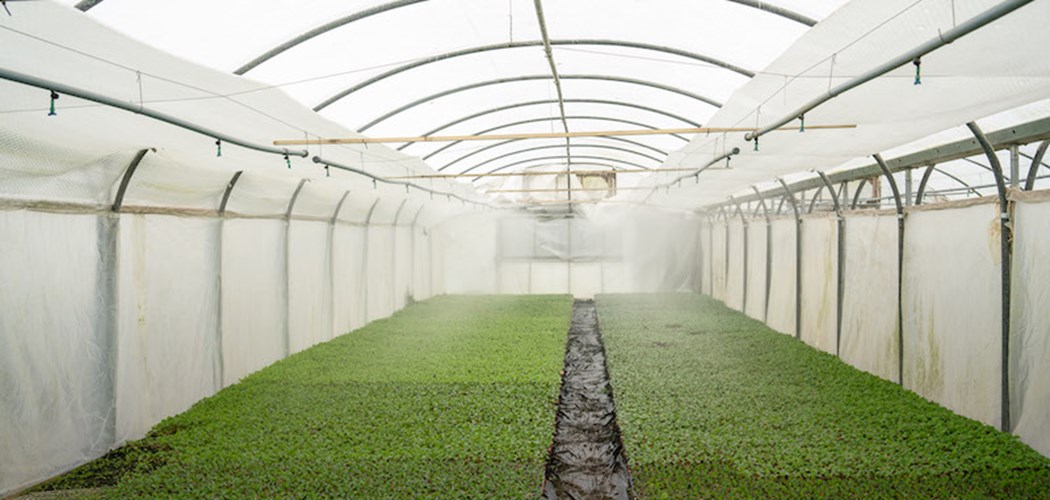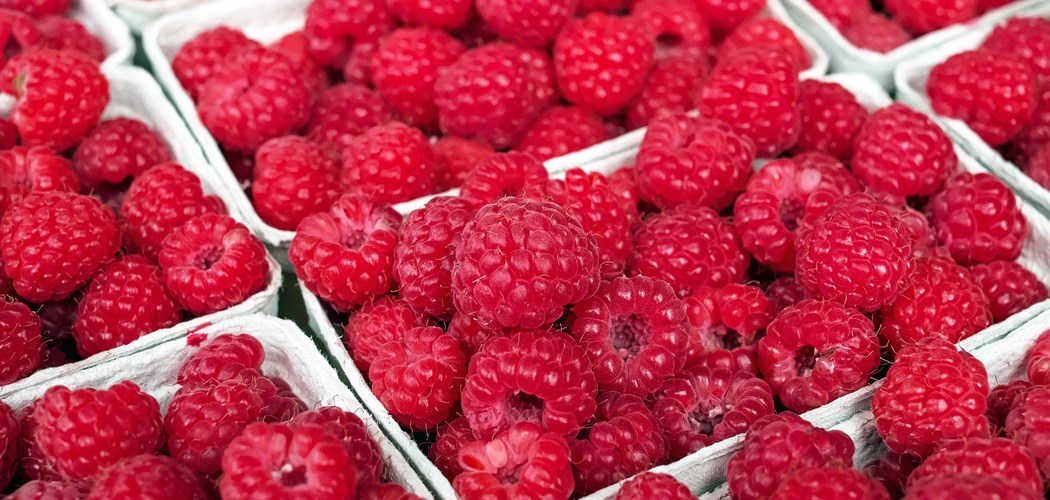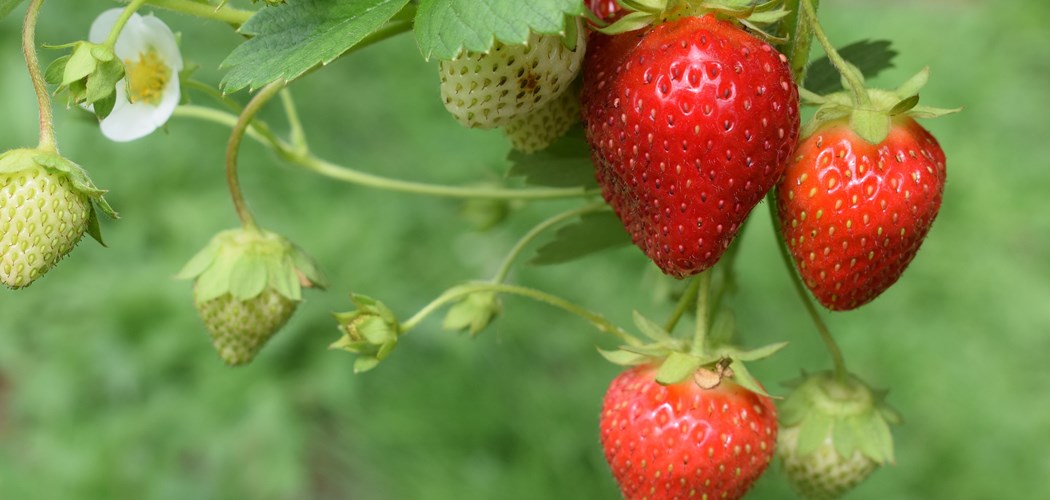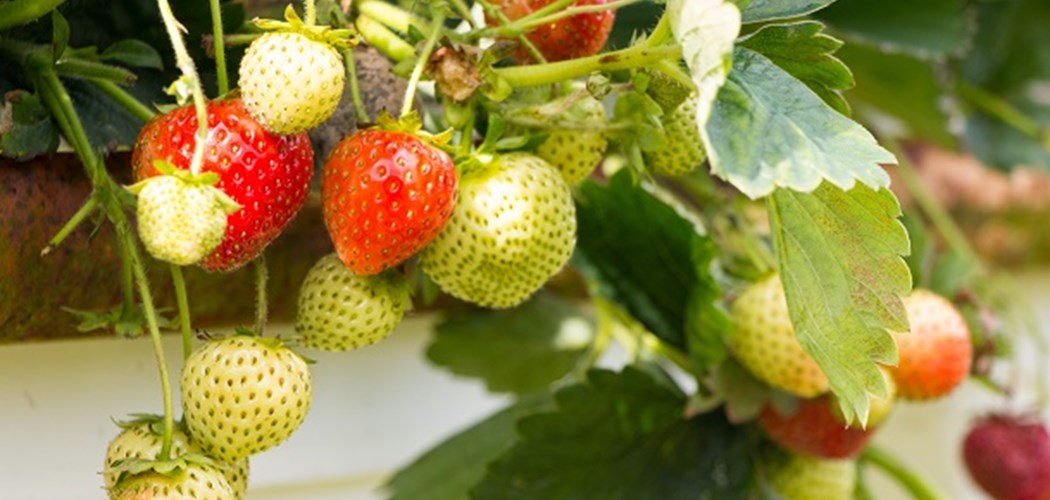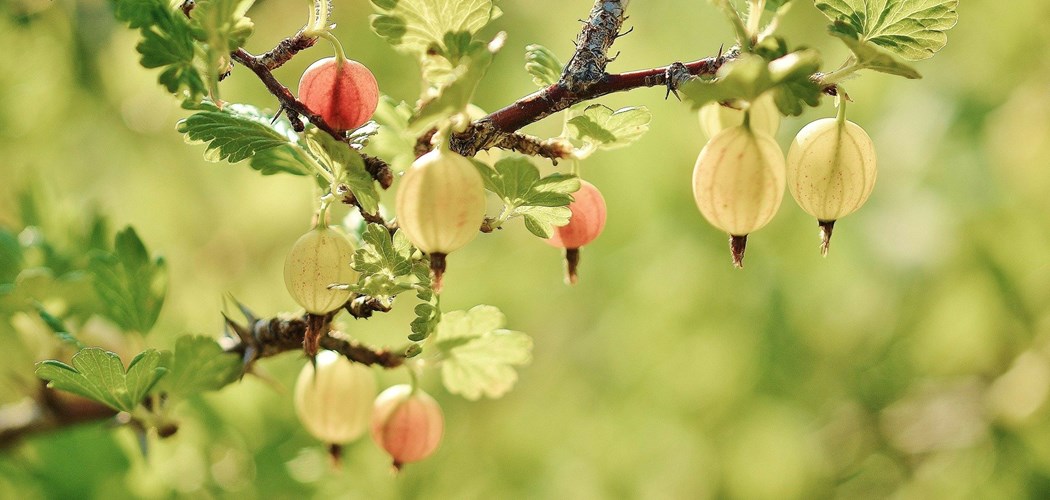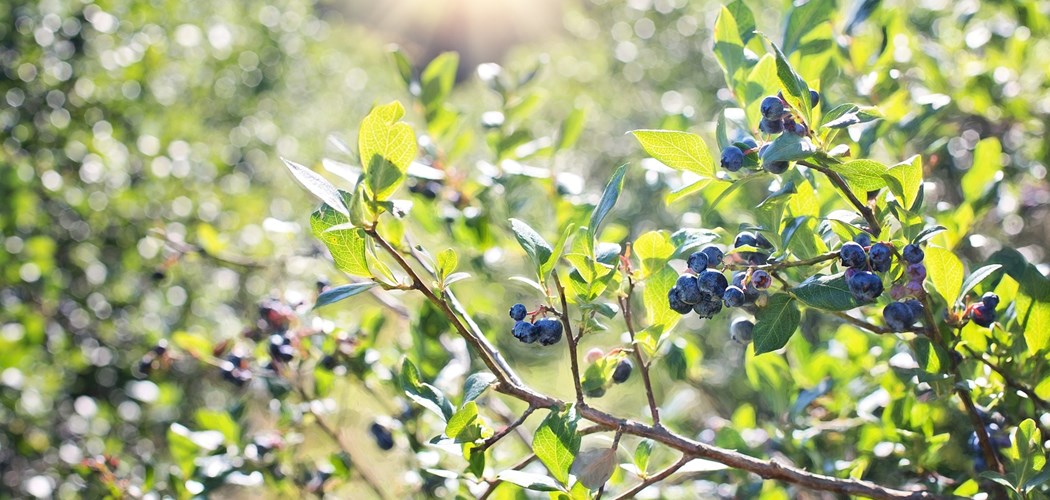
Technical Advice Sheet: Raspberry & Cane Fruit
This technical advice sheet focuses on Raspberry and Cane Fruit, and provides information on Establishing & Managing Plantations, Pest Monitoring & Control, Raspberry Cane Midge, Phytophthora, Floricane Disease Assessments and COVID-19. An extract is provided below, with the full technical advice sheet available to download at the end of this page.
General Comments
Many growers have already, or are considering moving from in soil raspberry production to the use of in substrate pot grown long cane. The use of these plants supplied ex-cold stored can provide a means of scheduling when several plantings are made in the open or under polythene, fruit production using a single or several summer (floricane) fruiting raspberry varieties over a far longer harvest period than would normally be possible.
Where glasshouse or polythene tunnel protection is available to protect some of the successive plantings fruiting from mid-Late May to Late September-early October may be possible. In some cases growers may only want to produce fruit later than is possible from their existing in substrate or in soil grown summer fruiting raspberry crops or it may be that because of the location of the farm the primocane of established plantings of cultivars such as Octavia, Glen Ample, Glen Dee & Glen Carron will in in the majority of winters no longer receive sufficient winter chilling for the by the late winter/early spring the now floricane to break bud evenly down the length of canes so that in some cases less than 25% of the potential fruit laterals bear fruit.
Where in soil or in pot grown long cane are used for fruit production they are placed in cold store in November or December when there primocane has completed its vegetative growth & shortening day length & lowering temperature has triggered flower bud initiation, starting & the top & then at each node down more or less the length of the canes. The plants remain in cold store until (according the chilling requirement of individual cultivars) has been achieved and the schedule for planting demands so as to ensure that the harvest from each batch of plants planted commences 70-100 days after planting. The exact date of the onset of harvest will again depend upon the variety, the amount of chilling the plants have received, the temperatures post cold store & day length, whether extending or reducing. So early i.e. late February-March & July plantings will be later to come into fruiting than those planted in May or
In substrate pot raised long cane summer fruiting raspberries are best used for substrate-in-pot rather than in soil crop production as the life of plantings from this type of planting material usually is only 1 or at most two years. Most cultivars producing very little or weak primocane in the second cropping year. If the plants are to be cropped once then a 7.5L pot can be used, if for 2-3 years then 10 or 12L pots are used. Some growers use 2 plants/10 or 12L pot for two year crop production.
More recently some propagators of long canes have moved to producing a single long cane plant in a 5 or 7.5L pot, these plants are not potted on. Once the compost around the roots of the ex-cold stored plants ex-cold has completely defrosted the long cane plants are placed down in their fruiting position the canes secured by twine or plastic clips to the crop support trellis, the irrigation drippers placed down onto or inserted into the compost of each pot and the plants commence growth.
These plants are only suited for single crop production, at the end of their harvest the irrigation is disconnected and the plants permitted to wilt and die. After dead they are removed from the trellis and their pots laid down in the alleys and pulverised for recycling. The pest and disease control programme for these single crop plants and their cost of plant management is substantially reduced. As first, second and sometimes third flushes of primocane growth can be removed using directed applications of carfentrazone ethyl (Shark EAMU 0622/19) each application timed when the tallest primocane present around the floricane in the pots is no more than 20cm in height. No sprays are required for raspberry cane midge or cane blight control. It should be noted however that Shark has a 21 day harvest interval, the maximum individual rate of application is 800mls product/treated ha but if applied at the correct time only 400 or at most 500mls/ha will be required. Fruit harvesting is quicker and easier (especially for pick-your-own customers) as there is no primocane present to obscure fruit from the pickers.
In the case of well-ventilated tunnel or glasshouse protected plantings applications of a fungicide for botrytis or raspberry rust control may be unnecessary and only sprays used for powdery mildew if the variety is known to be particularly susceptible to this disease e.g. Glen Ample.
COVID-19
The current situation is having a wide range of impacts on the sector, and while farm shops are reporting an increase in trade, pick-your-own growers may be facing limited access to customers. Social media can be used for selective advertising (especially if PYO growers are selling punnets) and may also be useful for managing crowds once we return to normal. PYO growers may wish to delay their crops (either by delaying plantings or checking the crop by leaving tunnels uncovered). You may also wish to check that you have adequate supplies and order ahead of time, particularly of chemicals and biologicals, to make sure you can keep control over the season.
Download the full Technical Advice Sheet here: Technical Advice Sheet: Raspberry & Cane Fruit
Disclaimer
Every effort is made to ensure the accuracy of information and recommendations given in these notes. All applications of crop protection chemicals should be made in accordance with label recommendations, which should be consulted before spraying. Some of the pesticides mentioned in these notes may not be supported by label recommendations for their use on pumpkin crops but are permissible via Extension of Authorisation for Minor Use (EAMU) in the UK under ‘The Revised Long Term Arrangements For Extension Of Use (2002)’. In these cases, the use of the pesticide is at the risk of the user and Tyfu Cymru does not accept liability for any loss or damage caused by such use. The references to on-label approvals and EAMUs for use of pesticides in pumpkin crops and are correct at the time of writing. These are subject to change and approval may be withdrawn at any point. It is the grower's responsibility to check approvals before use of pesticides. If in doubt a grower should seek advice from a BASIS qualified advisor - this is available free of charge for eligible growers through the Tyfu Cymru program, please contact us to arrange an appointment – email/telephone advice is also available.
Related Pages
Webinar: Soft Fruit – Post Season
Chris Creed (Senior Horticulture Consultant, ADAS) delivered an interactive workshop looking at how the 2021 Season has gone. He talked about how to focus on crop supply and management with a targeted approach, where overwintered crops fit in and any…
1/24/2022 1:19:32 PMWebinar: Planning for the 2021 Season – Soft Fruit
ADAS technical expert Chris Creed delivered an interactive session to assist soft fruit producers with planning for the 2021 season.
2/2/2021 5:41:39 PMTechnical Advice Sheet: Soft Fruit – July
Tyfu Cymru have launched regular Power Hour sessions for members of the Soft Fruit Network. These focused sessions are facilitated by Tyfu Cymru together with technical experts and include an update on topical issues based on growers instant needs, a…
9/30/2020 1:20:08 PMTechnical Advice Sheet: Soft Fruit Network – June 2020
From a growing perspective this has been a difficult season so far. We had seven months of wet weather, followed by two months of hot, dry weather and this has caused problems in soft fruit. Avoid re-using old bags even through the current crop may b…
7/27/2020 4:29:12 PMWelsh Fruit and Vegetable Production - Baseline Study
This baseline study for Tyfu Cymru was conducted by Dr. Amber Wheeler and looks at the opportunities for Welsh Fruit and Vegetable production.
6/26/2020 4:05:34 PMTechnical Advice Sheet Strawberry & Raspberry May 2020
This fact sheet provides technical advice on managing your strawberry and Raspberry crops.
6/15/2020 4:44:26 PMOur Guide to Mobile Card Payment Systems
How customers pay for their goods is changing - debit card transactions overtook cash in 2017, and these are forecast to represent over half of all transactions by 2024. The move away from cash has also be driven by the increase in contactless card p…
5/28/2020 1:37:30 PMTechnical Advice Sheet: Strawberry, April 2020
This fact sheet provides technical advice on managing your strawberry crops as the weather is starting to warm and the impact of COVID-19 takes hold.
4/29/2020 10:46:20 AMSoft Fruit Pests
These factsheets outline some of the common pests found within soft fruit crops.
4/24/2020 10:18:19 AMDisease Management of Bush Fruit
Currants, gooseberries and blueberries can be an important addition to any soft fruit business, but effective pest and disease management is required to get the best out of your plants.
3/19/2020 10:42:23 AMDisease and Weed Management of Bush Fruit
Currants, gooseberries and blueberries can be an important addition to any soft fruit business, but effective pest and disease management is required to get the best out of your plants.
3/19/2020 10:30:45 AM
